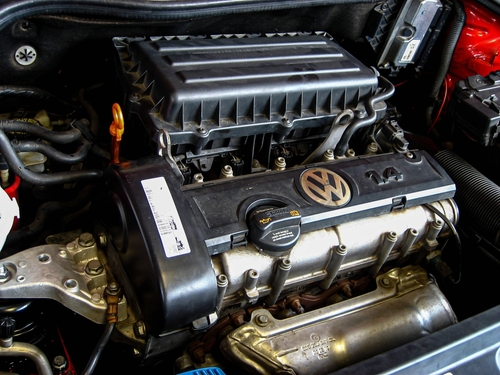What Type of Oil Should I Use for My German Car?

When it comes to maintaining the performance and longevity of your German car, choosing the right type of oil is crucial. German cars are known for their engineering excellence and precision, and the oil used plays a significant role in keeping the engine in optimal condition. In this blog post, we will discuss the importance of selecting the appropriate oil for your German car and provide insights into the factors you should consider when making your decision.
Understanding the Specifications
Before delving into the different types of oil, it is crucial to understand the oil specifications recommended for your German car. Each German automaker provides specific information about the recommended oil type and grade for their vehicles. This information can typically be found in your car’s owner’s manual or by contacting the manufacturer directly.
Choosing the Right Oil Grade
One of the key factors to consider when selecting oil for your German car is the viscosity grade. Viscosity refers to the oil’s resistance to flow, and different vehicles require different viscosity grades. German cars often have high-performance engines that may require either a single-grade or multi-grade oil.
For most German cars, a multi-grade oil with an SAE (Society of Automotive Engineers) rating of 5W-30 or 5W-40 is commonly recommended. These multi-grade oils perform well under various temperature conditions and offer good fuel economy benefits. However, it is best to consult your car’s manual to ensure you are using the correct grade for your specific model.
Consider Synthetic Oil
German car manufacturers generally recommend synthetic motor oil due to its superior performance and extended drain interval. Synthetic oil is chemically engineered to provide better lubrication, reduce engine wear, and offer optimal protection in extreme temperature conditions. It has a longer lifespan than conventional oil, which is essential for the demanding requirements of German car engines.
Additionally, synthetic oil helps enhance fuel efficiency and minimizes sludge and deposit build-up. Although synthetic oil may be pricier than conventional oil, it proves to be a worthy investment in maintaining the performance and reliability of your German car.
Pay Attention to OEM Approvals
When selecting oil for your German car, it is crucial to consider oils approved by the Original Equipment Manufacturer (OEM). German automakers typically have specific oil approvals that meet their stringent requirements. These approvals ensure that the oil meets the manufacturer’s specifications and quality standards.
Commonly, German car manufacturers require oil to meet certain industry standards, such as ACEA (Association des Constructeurs Européens d’Automobiles) and API (American Petroleum Institute). Additionally, they may have their own internal specifications, such as Volkswagen’s VW 502.00/505.00 or BMW’s LL-01.
Consult with a Professional
When in doubt or if you require more specific information about the oil requirements for your German car, it is always advisable to consult with a professional technician or your dealership. They will have the expertise and access to the recommended oil types suitable for your vehicle’s make and model. They can also provide guidance on driving conditions, climate considerations, and any recent updates regarding oil recommendations.
Summary
Ignoring the importance of using the right type of oil in your German car can lead to costly repairs, reduced performance, and even engine damage. Therefore, it is vital to understand the recommended specifications, select the appropriate viscosity grade, consider synthetic oil, pay attention to OEM approvals, and consult with professionals when needed. By taking these factors into account, you can ensure that your German car continues to deliver optimal performance and longevity for years to come.